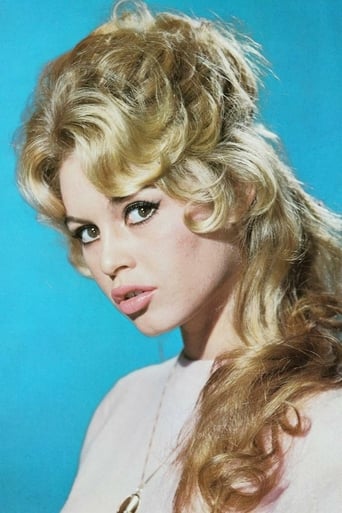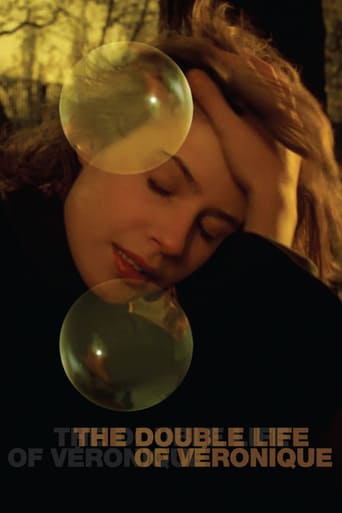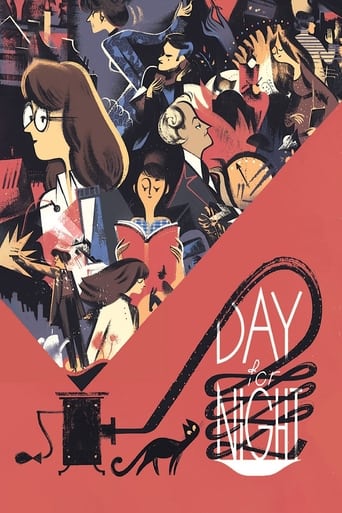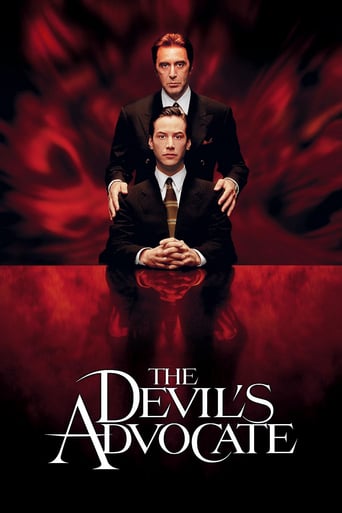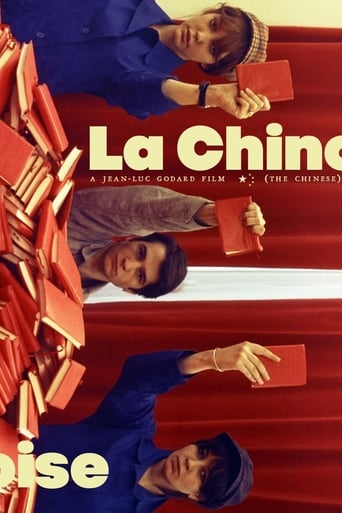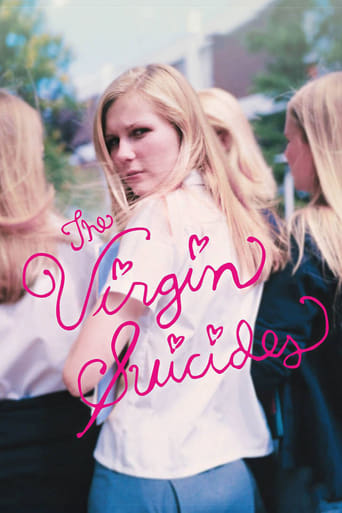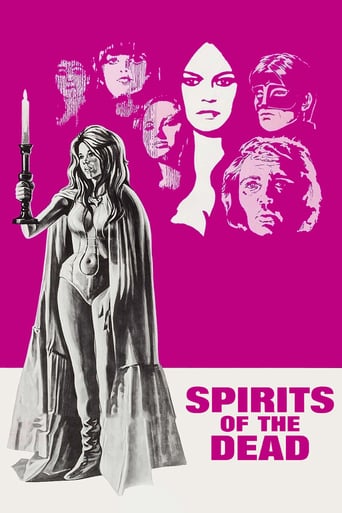
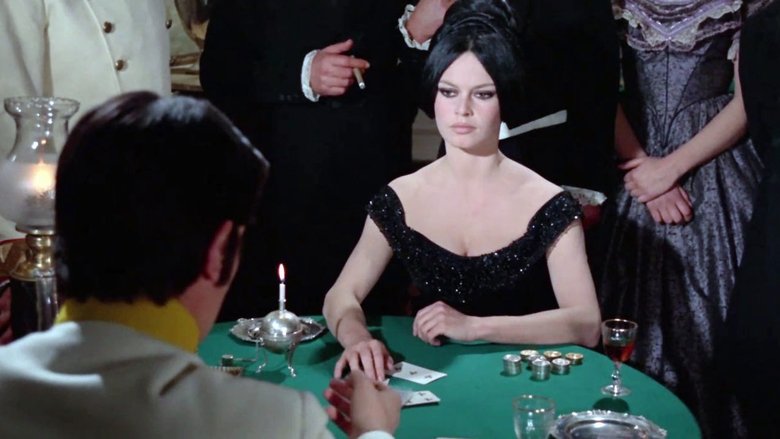
Spirits of the Dead (1968)
Anthology film from three European directors based on stories by Edgar Allan Poe: a cruel countess haunted by a ghostly horse, a sadistic young man haunted by his double, and an alcoholic actor haunted by the Devil.
Watch Trailer
Cast
Similar titles
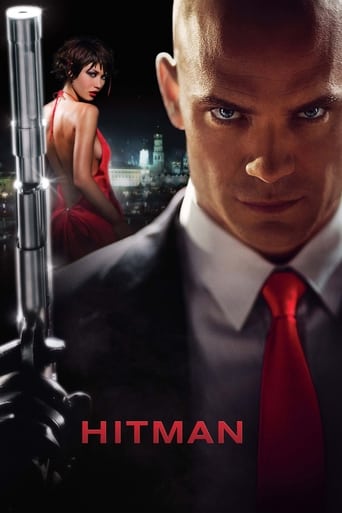
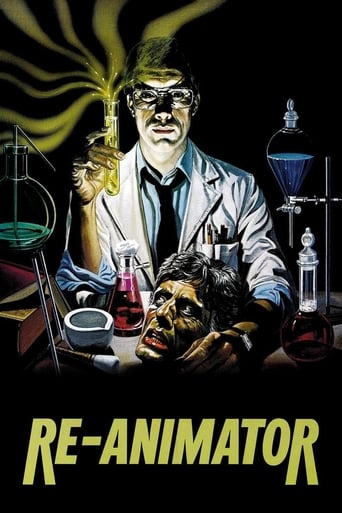
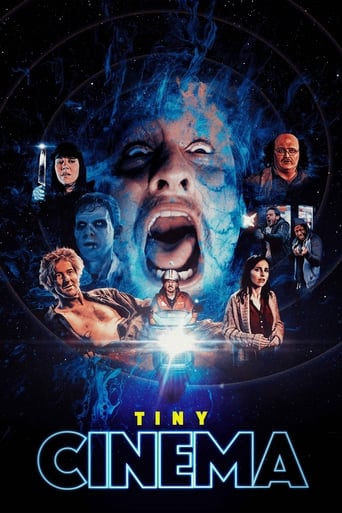
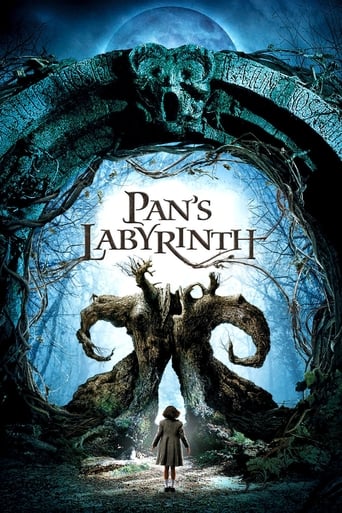
Reviews
You won't be disappointed!
Redundant and unnecessary.
This is a coming of age storyline that you've seen in one form or another for decades. It takes a truly unique voice to make yet another one worth watching.
The movie's neither hopeful in contrived ways, nor hopeless in different contrived ways. Somehow it manages to be wonderful
Three directors, one clear winner. Federico Fellini's segment is miles beyond the other two both technically and creatively. Ironically, his segment was the only one shot primarily on sets rather than locations, yet comes off the least artificial of the bunch.Vadim's segment opens the trilogy, and it's so bad it tempts one to stop watching. Just as he did in "And God Created Woman" with Bardot, his main focus seems to be showing off his trophy wife Fonda, who parades around in ridiculously scanty costumes that are as wrong for the period depicted as her mod era lipstick and ultralashes. The script is a meandering mess and the only interesting visual elements are the locations. Even the lovely Jane Fonda looks more laughable than alluring, displayed like a prize poodle.Malle's is better directed but fairly anemic. Not much else to say about it.Fellini's segment is wonderful, with the same outstanding qualities as his best feature films, including a hauntingly playful soundtrack by Nino Rota and the masterful cinematography of Giuseppe Rotunno.While Vadim's segment was crude and flashy with hokey costumes and cheesy opticals, Fellini's is elegant and magical, a darkly surreal tapestry woven from realistic threads, rendered through his uniquely trippy perspective. Every image is lit and framed with care. Even the swirling mist from his fog machine seems to be obeying his direction.His cast runs the gamut from subtly grotesque to enticing, with a fatally debauched Terence Stamp straddling the two. His psychological breakdown and descent into hell are beautifully written and superbly directed. He's also the only character in the entire movie you can feel for, someone who took a wrong turn in life and finally embraced the consequences.Like others have said, skip to Fellini... or watch all three and judge for yourself.
Which is the only reason I give this turkey one star.First saw this when it came out, just as Doris Day and Rock Hudson were giving way to Peckinpah, so it seemed like a breath of fresh air and Fonda did carry the first story, which seemed hackneyed even in 1969.The only interesting part of the second story was, well, for an adolescent male, the naked girl tied up on the dissection table. Very racy for the time. Bardot (same episode, different scene) looked awful in a black fright-wig. Would have liked to have seen her stripped and some implied sex, as in the scene with the girl. Otherwise, the plot was just boring, Delon just irritating and Bardot doing a mannish parody of Feminism. As for Fellini, Fellini's Fellini and you should never expect anything else than irrational imagery from him. Except that, like Vadim and Malle, he suffers from the same boring self-absorbance and insufferable self-indulgence that characterized much of that time's European Cine.But, in 1969, it did really impress me. Now-a-days, it makes me thank God for Hawkes and Wayne and the Hustons and the thousands of other Americans who knew how to make real movies. To be blunt, with a few genre exceptions (Ronin), many European film makers seem primarily interested in doing the same thing I was doing while watching the girl on the table.Writing this review now because just saw it again on TCM and was mightily disappointed, except for the girl on the table.
"William Wilson", directed by Louis Malle, with Alain Delon as the titular hero and his own double, is really pretty good. Delon gets to whip the proud Bridget Bardot, which is going a little too far, although heaven knows she deserves a good licking. The tone of the story is suitably elegant and ironic. The men wear carefully tailored generic uniforms with cream-colored jackets. William Wilson is a naughty boy. He deceives people, breaks hearts, cheats at cards. BUT -- he can't seem to get away with any of it because whenever he pulls one of his stunts, a masked figure calling himself William Wilson shows up and exposes him for the fraud he is. Wilson finally kills his Doppelganger and then himself. It's one of my favorite Poe stories because it's different. Most stories of doubles from this period materialize Freud's "id", the savage part of our minds that we try so desperately to suppress. Examples range from Mr. Hyde to Professor Moriarty. Pure evil. But this double represent Freud's "superego," the conscience. Nicely done.The last segment was directed by Federico Fellini with photography by Giuseppe Rotunno and score by Nino Rota. I mention this because these two craftsmen make the story unmistakably Fellini's. I don't think the director could have done it without them.It's based (very loosely) on Poe's "Never Bet The Devil Your Head." Terence Stamp is the internationally famous movie star, Toby Dammit, and arrives in Rome to accept one of those awards like the Palm D'Or or the Oscar. The Rome into which Stamp descends is an hallucinatory vision of hell, beginning with the slightly insane and thoroughly claret-colored airport. What follows is a hilarious parody of an awards ceremony. While a drunken Stamp waits his turn, one after another phony is paraded onto the stage under the blazing lights, striding through studio fog, accompanied by a joyous ruckus. There is a group called The Three Angels From Hell that collectively receive one of these awards. Asked to say a few words, each follows the other and blankly mouths the same appreciation: "I'm very moved by this. All I can say is 'Thank you'." They project the believability of some guy behind the supermarket check-out counter who says, "Have a nice day."I ought to mention, before describing more of the story, that the focus isn't entirely on the awards ceremony. Stamp has to be interviewed on a TV program first, for instance, and -- throughout -- there are all sorts of inexplicable and bizarre goings on. At the interview, a carefully groomed and very beautiful woman steps before the camera and lauds the interviewee. Then she slowly and deliberately drops to her knees, still grinning, puts her nose on the floor and crawls away. Is she deranged? Is the director irretrievably mad? No! It's just her way of taking herself off camera and crawling out of the way so that the interview can get started. Other whimsical events and shots take place, too many to mention.At any rate, Terence Stamp is so liquified at the awards ceremony he can only stagger to the stage. It's been suggested to him that he recite something from Shakespeare, "the most famous poet in the world -- second only to our Dante." But keep it short. Short Shakespeare. We don't want to bore the audience. Stamp's face is a ghastly death mask of agony as he begins some well-known lines from "MacBeth" but he quits, tells the audience and the staff what they can do to themselves, stumbles outside, gets into his Ferrari and speeds away.The story slows down considerably despite the Ferrari's speed and the reckless laughter of the drunken maniac behind its wheel. Stamp finds himself spinning around in empty shabby neighborhoods full of dead ends, with stuffed dummies representing chefs and flocks of sheep scattered about, as in a "Twilight Zone" episode.At the end, he encounters a bridge with a gap in the middle of it. On the other side of the gap is the devil in the guise of a pretty little blond girl. He senses that the devil is challenging him to speed the car across the gap. He should not have accepted the challenge.Roger Vadim's colorful "Metzengerstein" is from a story I haven't read, but the plot can be summed up easily enough. Juliet, in all her noble nubility, falls in love with Romeo but accidentally kills him half-way through, upon which he turns into a horse. Juliet senses his presence in the horse and rides him constantly, finally to their joint destiny. (What is it with women and horses anyway?) The viewer will be surprised to find out that in Medieval France the half-naked girls wore gaudy costumes not unlike those of Las Vegas showgirls. I didn't mind it. I didn't mind Jane Fonda's determined debaucheries either. Except those gang bangs were disgusting. What do those dumb page boys or whatever they are have that I don't have? What puts the ape in apricot? Fonda speaks French in this one. I was able to follow most of it because she speaks with such a marked American accent, as if she'd learned French at Vassar, the same French I learned in high school.
"Metzengerstein": the bored and corrupt medieval countess Frederica (Jane Fonda) spends her futile life in orgies and cruelties. When she moves with her friends to one of her castles nearby the lands of her poor cousin Baron Wilhelm (Peter Fonda), she desires him but is not corresponded. When one of her minions burns the stable, Wilhelm dies trying to rescues his stallion and Federica is haunted by her lost cousin.This erotic female version of Caligula shows the delicious Jane Fonda, who was married to Roger Vadim at that time, wearing sexy costumes very similar to "Barbarella" (of the same year). But the story is weak. My vote is five."William Wilson": the sadistic and cruel soldier of the Austrian army William Wilson (Alain Delon) confesses to a priest the cruelties he committed along his sinful life and the participation of his double also called William Wilson in specific moments of his dreadful life.This short directed by Louis Malle is the certainly the best segment of these adaptations, showing the fight between the dark side and the human part of the same character. Brigitte Bardot is very different with black hair. My vote is six."Toby Dammit": the cynical alcoholic and decadent English actor Toby Dammit (Terence Stamp) travels to Rome to make a Catholic Western, but only interested in receiving the Ferrari promised by the production.This messy segment directed by Federico Fellini uses stylish images and a great performance of Terence Stamp, but the story is confused and the boring conclusion is too long. My vote is four.My global vote for these adaptations is five.Title (Brazil): "Histórias Extraordinárias" ("Extraordinaries Stories")
